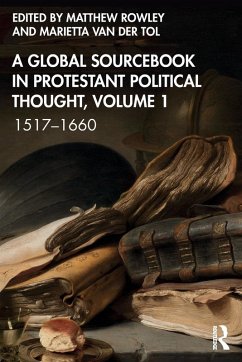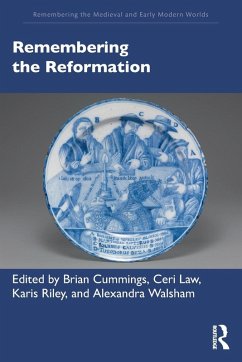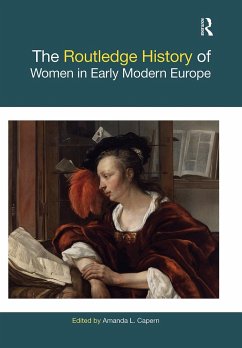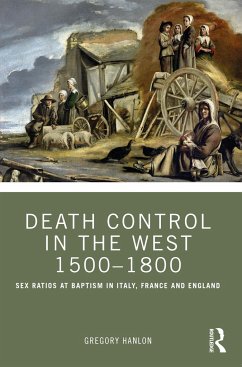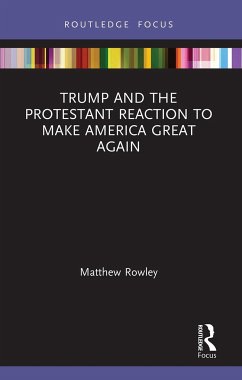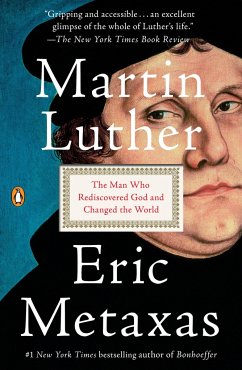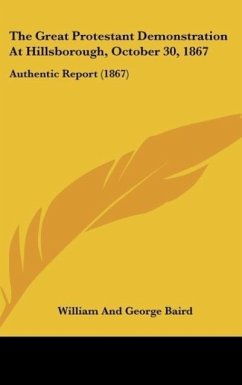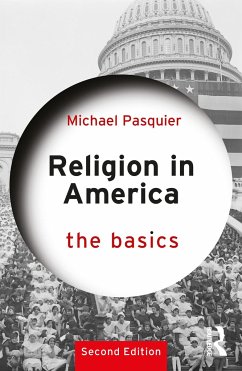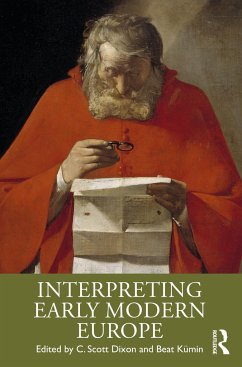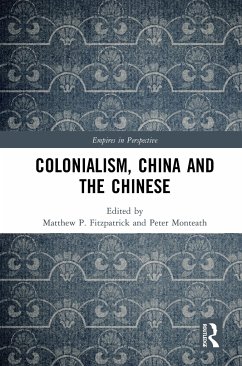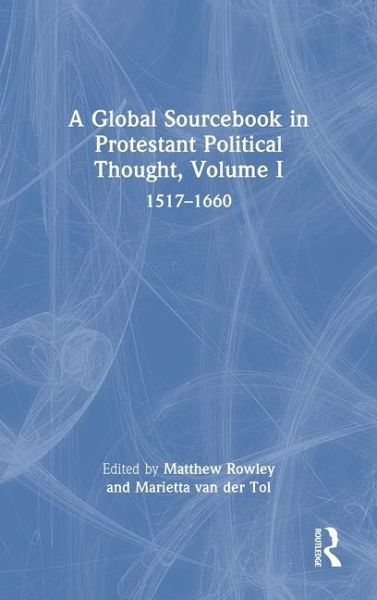
A Global Sourcebook in Protestant Political Thought, Volume I
1517-1660
Herausgegeben: Rowley, Matthew; van der Tol, Marietta
Versandkostenfrei!
Versandfertig in 6-10 Tagen
156,99 €
inkl. MwSt.
Weitere Ausgaben:

PAYBACK Punkte
78 °P sammeln!
This first volume of A Global Sourcebook in Protestant Political Thought provides a window into the early Protestant world, and the ways in which Protestants wrestled with politics and religion in the wake of the Reformation.This period saw political authorities and church hierarchies challenged and defended by scholars, clerics, and laypeople alike. The volume engages the full spectrum of Protestants, with reference to theology, geography, ethnicity, historical importance, socio-economic background, and gender. This diversity highlights how Protestants felt pulled towards differing political ...
This first volume of A Global Sourcebook in Protestant Political Thought provides a window into the early Protestant world, and the ways in which Protestants wrestled with politics and religion in the wake of the Reformation.
This period saw political authorities and church hierarchies challenged and defended by scholars, clerics, and laypeople alike. The volume engages the full spectrum of Protestants, with reference to theology, geography, ethnicity, historical importance, socio-economic background, and gender. This diversity highlights how Protestants felt pulled towards differing political positions and used several maps to chart their course - conscience, custom, history, ecclesiastical tradition, and the laws of God, nature, nation, or community. On most important issues, Protestants lined up on opposing sides. Additionally, Catholic and Eastern Orthodox political thought, as well as interactions with Jewish and Muslim texts and thinkers, profoundly influenced different directions taken in the history of Protestant political thought. Even as our own time is fraught with deep disagreement and political polarisation, so too was early modern Europe, and we might read it in the anxieties, uncertainties, hopes, and expectations that the sources vividly express.
This sourcebook will enrich both research and classroom teaching in politics, theology, and history, whether geared towards general political or religious history, or towards more specialised courses on colonialism, warfare, gender, race or religious diversity.
This period saw political authorities and church hierarchies challenged and defended by scholars, clerics, and laypeople alike. The volume engages the full spectrum of Protestants, with reference to theology, geography, ethnicity, historical importance, socio-economic background, and gender. This diversity highlights how Protestants felt pulled towards differing political positions and used several maps to chart their course - conscience, custom, history, ecclesiastical tradition, and the laws of God, nature, nation, or community. On most important issues, Protestants lined up on opposing sides. Additionally, Catholic and Eastern Orthodox political thought, as well as interactions with Jewish and Muslim texts and thinkers, profoundly influenced different directions taken in the history of Protestant political thought. Even as our own time is fraught with deep disagreement and political polarisation, so too was early modern Europe, and we might read it in the anxieties, uncertainties, hopes, and expectations that the sources vividly express.
This sourcebook will enrich both research and classroom teaching in politics, theology, and history, whether geared towards general political or religious history, or towards more specialised courses on colonialism, warfare, gender, race or religious diversity.





